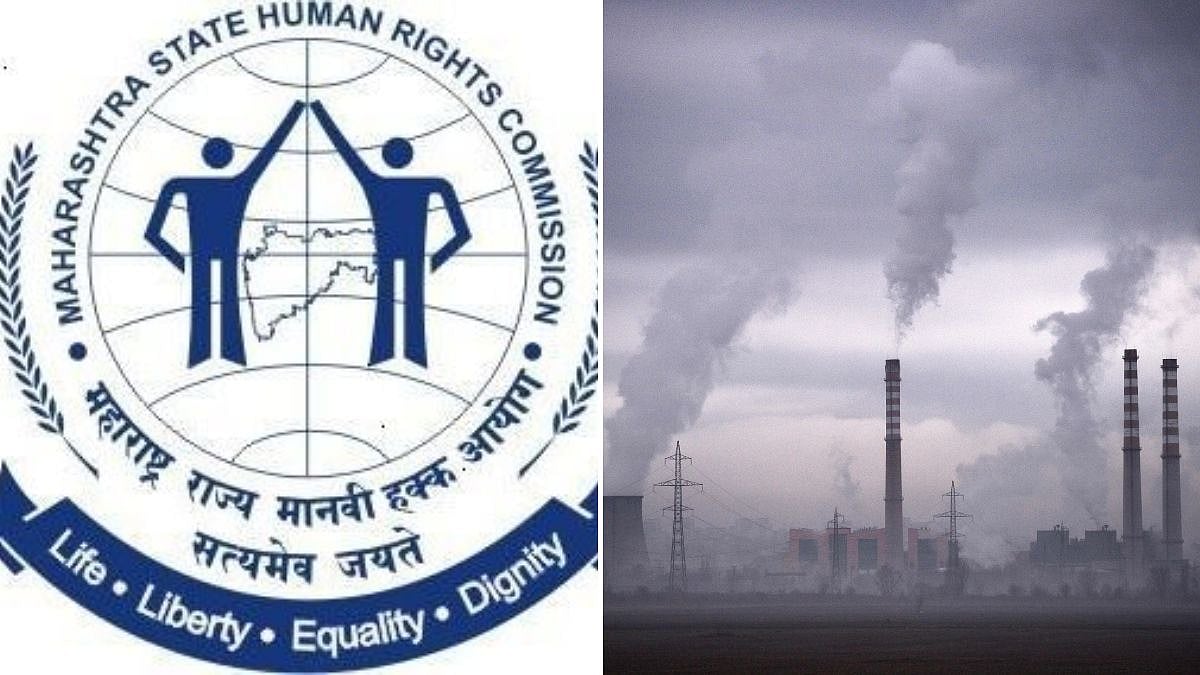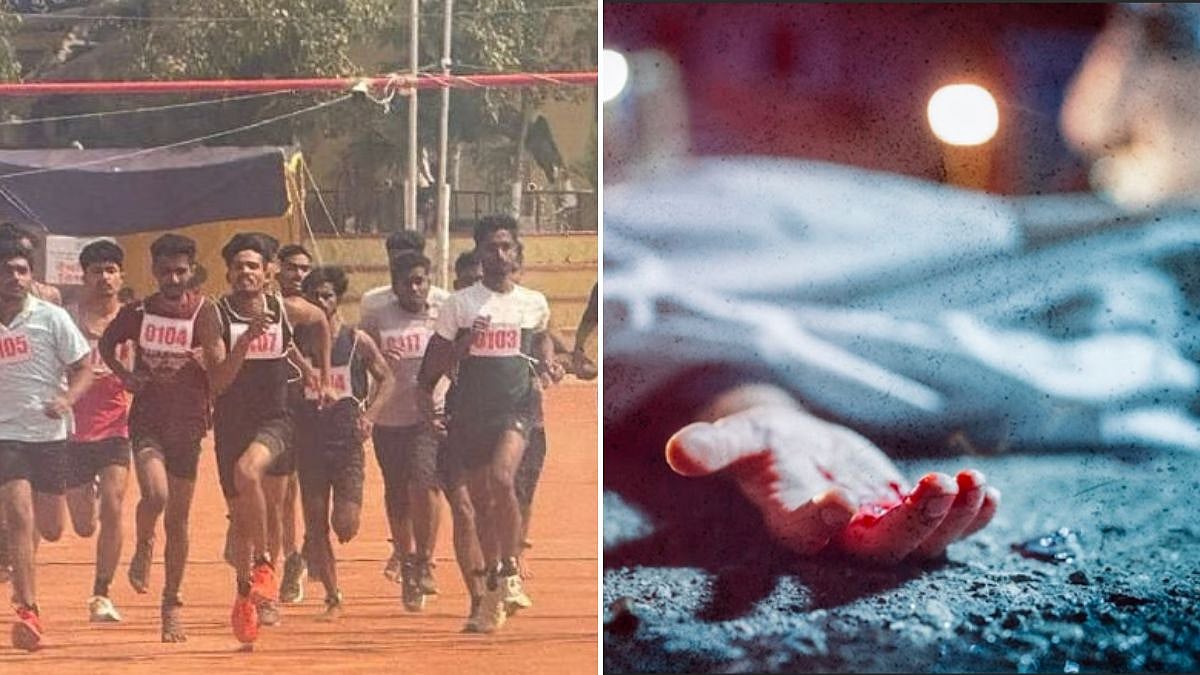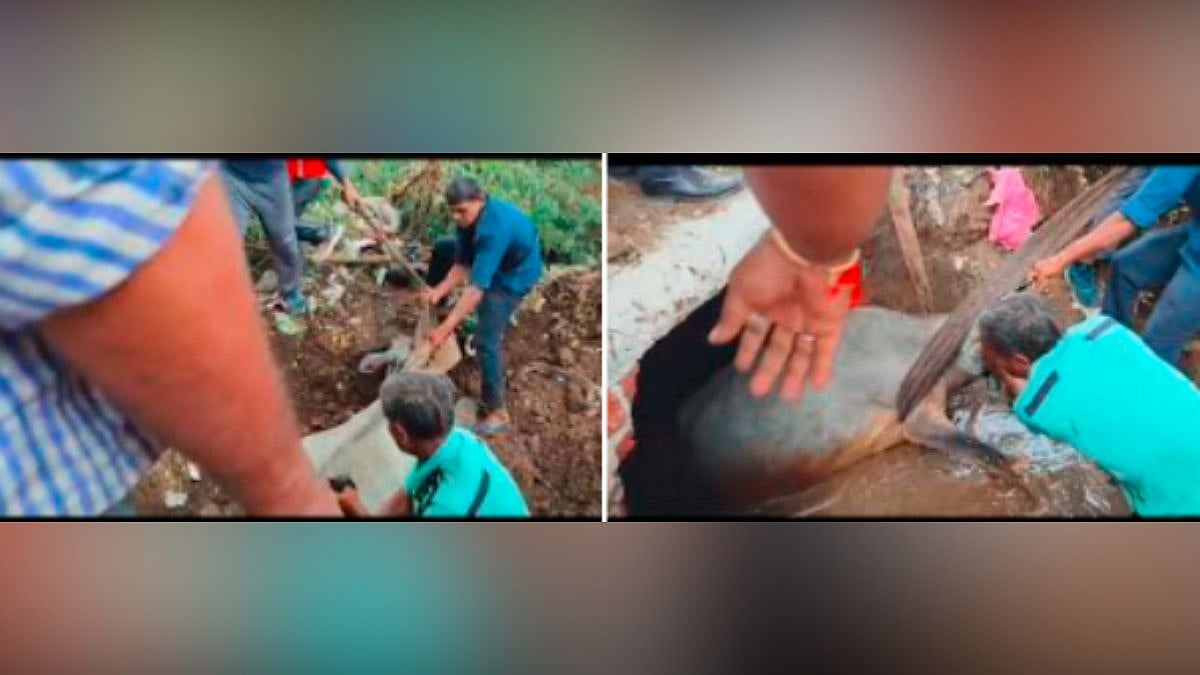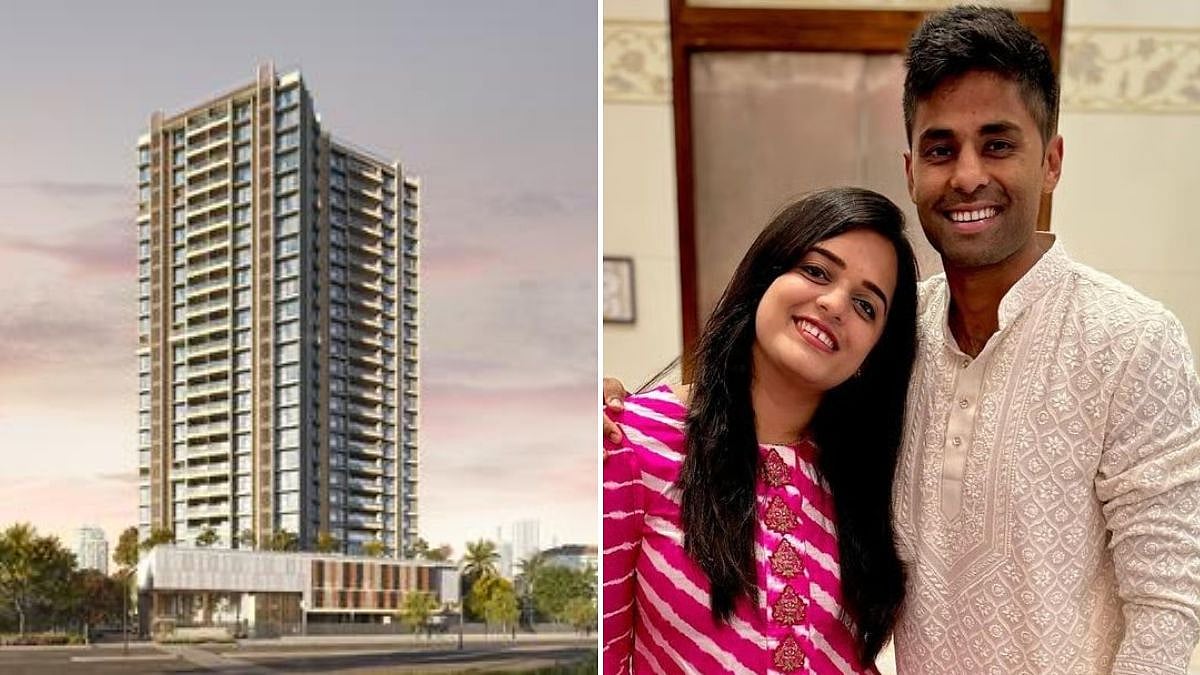The Indian High Commissioner to Canada, Sanjay Kumar Verma, has said New Delhi is cooperating in the American investigation into the thwarted plot to murder Sikhs For Justice leader Gurpatwant Singh Pannun because of the quality of information – which was “legally presentable” -- being shared on the matter. Whereas the Canadian side had not provided enough to take the matter foward, Verma noted.
“The investigation in case of the US as far as I know and understand … is at a much (more) advanced stage, and therefore, I presume, that there would be better information shared with India,” the High Commissioner said.
He also told Vassy Kapelos, the host of CTV's Question Period in an interview that was aired Sunday, that being “asked to co-operate” presumed guilt. “...if you look at the typical criminal terminology, when someone asks us to cooperate, which means that you have already been convicted, and you better cooperate. So we took it in a very different interpretation. But we always said that if there is anything specific and relevant, and communicated to us, we will look into it. And that had been said from day one. So we have never said, of course, we have not used the word cooperate, because we feel that's humiliating.”
The Canadian National Security Advisor, Jody Thomas spent over a week during two visits to New Delhi ahead of the September G 20 Summit pursuing the Canadian charge that there was possible involvement of Indian security agencies in the killing of Hardeep Singh Nijjar in Surrey outside a Gurudwara in June. Asked, “Are you telling me that no specificity in what was shared with the Indian government by the national security adviser? That not a single specific allegation was presented to the Indian government and asked for cooperation?, Verma responded, “So conversations took place. But we needed something specific and relevant to go back to our legal authorities to seek permission to do investigation that we would have wanted to do. So until the time that those kinds of inputs are not there, in a country of rule of law, it will not be possible for us to move forward on the investigations.”
On the matter of the disparity of cooperation in the investigations, the High Commissioner based his response on the statement put out by the Ministry of External Affairs immediately after the Financial Times broke the story of the Americans thwarting a plot to kill Pannun on American soil, sometime before June this year. When pressed to clarify, the High Commissioner pointed out that, “I don't oversee India-U.S. relations. My mandate is India-Canada, so I'll not be able to go in depth in that. But what I'm telling you is from the statement, which has been issued from India.”
Usually, intelligence matters are outside the purview of High Commissioners and Ambassadors. Intelligence operatives posted in Indian missions are not expected to share details of their intelligence work. Similary, details of conversations and intelligence sharing between inteligence agencies and national security officials are not usually disseminated to mission heads. The headquarters usually sends briefing points to the missions abroad when it comes to sensitive matters.
India-Canada Diplomatic Row
The Canadian allegations led to a spiral of diplomatic tensions between Canada and India, including, among other things, New Delhi reducing the size of the Canadian diplomatic presence in India, and suspending e-visa applications for Canadians.
Asked to explain the reason for the resumption of e-visas, High Commissioner Verma said, “we came to a conclusion that now the security situation is relatively better (for Indian diplomats in Canada) than what used to be when we suspended the visa services. And therefore we decided to resume e-visa services.
Asked if the timing of the Indian decisions to downsize relations did not amount to retaliation and not just because of security concerns, Verma said, “So on the retaliation side, of course, since one of our principal diplomats was expelled from here as persona non grata, so yes, we did retaliate on that. .....Since the emotions became very high once the statements were made from Ottawa, and a bit of emotional elements will be there, and the decisions are taken.” Asked if New Delhi was not “overblowing the risks that (separatists) pose in order to create essentially a political narrative domestically in India that works better for the current government, High Commissioner Verma said, “Not really see, if you look at the number of Sikhs in India, the largest number of Sikhs are in Punjab, Punjab undergoes an election every four or five years. There is not even a single candidate who talks about Khalistan.”
He further said, So, in India, there is no traction. But we are treating these guys like terrorists, not as separatists. They are terrorists because they are raising their funds in Canada, sending it across to the gangsters and gangs in India, who are doing illegal activities in India. So our main concern is not the separatism, but they being terrorists.
Asked if the separatist movement in Punjab was non existent, how is it what they (separatists) are doing in Canada are actually causing that to happen, the High Commissioner said, “What I'm saying (is), they're challenging the status quo, which is the territorial integrity of India today, is being challenged. When will they succeed? Absolutely, no.... These 5,000 people, will they succeed? No, but their criminal activities need to be recognized by the state where they are living. And these criminal activities need to be punished. Today there is a target on my back. And those billboards are out in Surrey, those billboards are out in in Brampton and Mississauga. Is it a criminal activity or not? They have their freedom of speech, where is my freedom of movement?”





